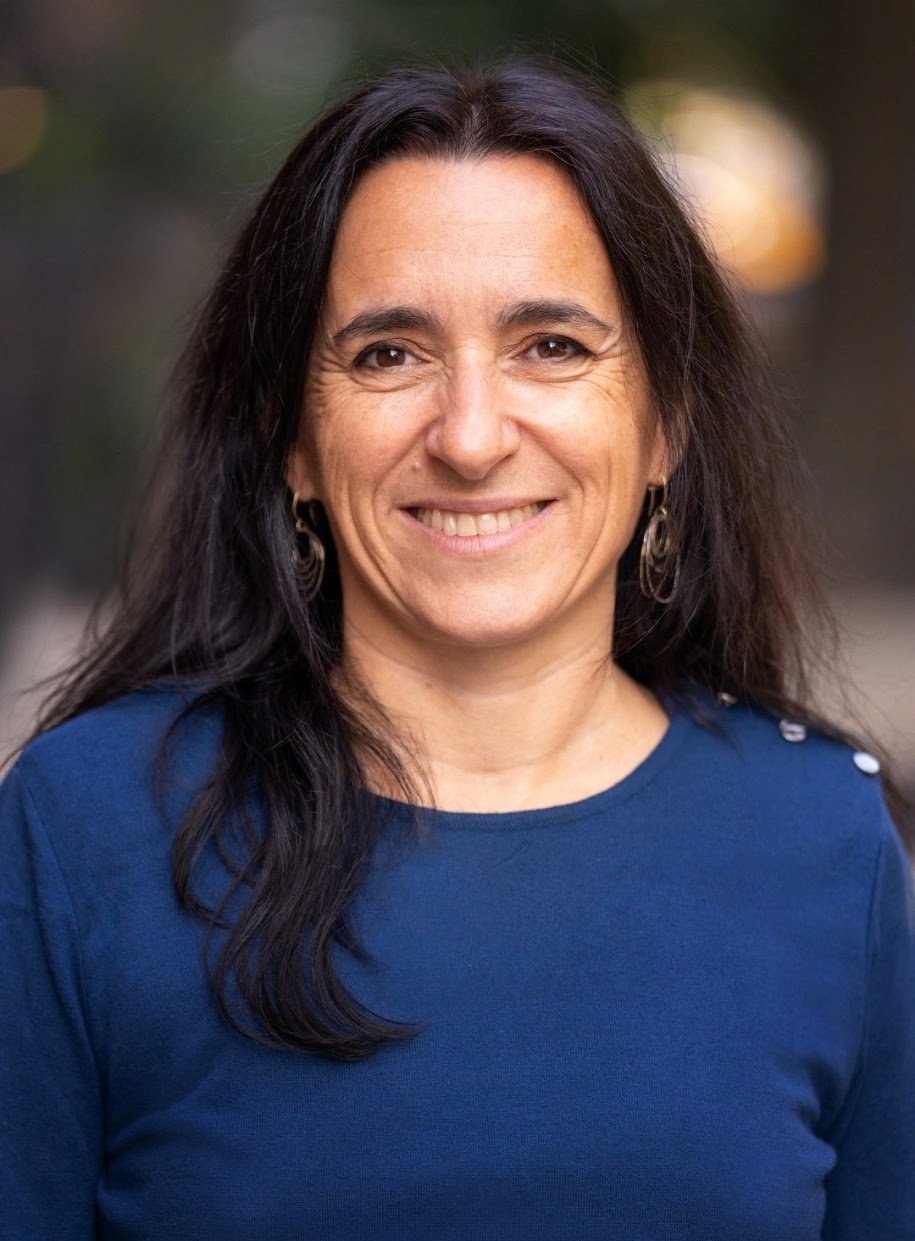Motherhood and Domestic Violence: Longitudinal Study Using Population-Wide Administrative Data

Motherhood and Domestic Violence: Longitudinal Study Using Population-Wide Administrative Data
by Núria Rodríguez-Planas (City University of New York)
You may follow the seminar at the following link.
ABSTRACT:
Using population-wide longitudinal administrative data on hospital visits for assault for Swedish women, we document a large and persistent motherhood gap in gender victimization where mothers are considerably less likely to visit a hospital for injuries caused by assault relative to childless women. To address concerns that mothers and childless women may differ in preferences, risk taking and lifestyles, we estimate an individual fixed effects model to control for time-invariant individual unobserved heterogeneity. With this specification, we find that becoming a mother decreases the risk of assault by 53 percent (compared to mothers’ pre-birth mean). Event analysis shows that mothers’ risk of assault falls by 62 percent with the birth of their first child and persists over time, albeit this gap between mothers and childless women slowly narrows as the child grows up. The paper explores the mechanisms driving these results.
BIO:
Núria Rodríguez-Planas (Ph.D. in Economics, Boston University, 1999) is Professor of Economics at the City University of New York (Queens College and The Graduate Center), Russell Sage Foundation Visiting Scholar, and Distinguished Researcher at the Institut d’Economia de Barcelona at the Universitat de Barcelona. Her research spans across three topics: (1) Policies, and Institutions in Labor and Education Economics; (2) Social Norms and Behavioral Decisions; and (3) Public Health. She received an ERC Advanced Grant from the European Research Council to lead the project "WomEmpower: The Causal Effect of Motherhood, Gender Norms, and Cash Transfers to Women on Intimate Partner Violence” (2024-2028). She has held visiting positions at Barnard College at Columbia University (2020-2022); and Universitat Pompeu Fabra and Institut d’Anàlisi Econòmica (2012-2013). Prior to moving to NYC, she was Research Fellow at IZA (2012-2015); Assistant Professor at the Universitat Autònoma de Barcelona (2004-2012); Affiliated Professor at the Barcelona Graduate School of Economics (2007-2012); Economist at Mathematica Policy Research (2000-2004), the Board of Governors of the Federal Reserve System (1998-2000); and Research Fellow at the Brookings Institution (1997-1998). Ranked top 2.4% of economists in the last 10 years (RePEC), top 10% (#440) by both total new and all-time downloads (SSRN).

